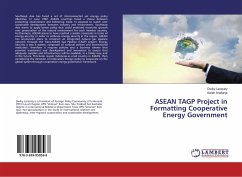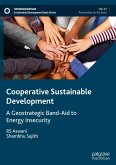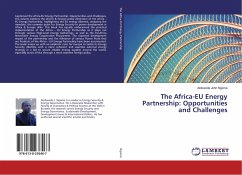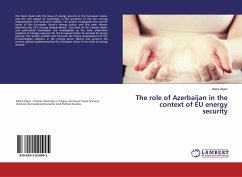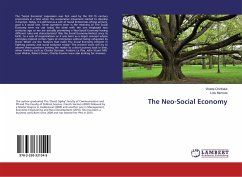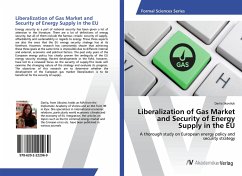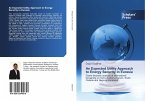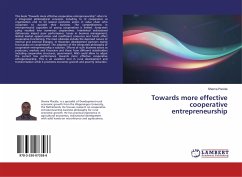Southeast Asia has faced a set of interconnected yet energy policy dilemmas. In June 1992, ASEAN countries faced a choice between protecting environment and bolstering trade. In purpose to watch over sustainable development between industry and environment, Southeast Asia seems to apply better policy that could endorsed economic growth over preservation of the natural environment for each member country. Furthermore, ASEAN seems to have reached a similar crossroads in terms of energy security. In order to embrace energy security in the region, ASEAN has announced plans to construct an integrated natural gas pipeline network through the Trans-ASEAN Gas Pipeline (TAGP) project. Energy Security is also a system, composed of national policies and international institution, therefore it requires policies and a business climate that promote investment and development and innovation to ensure that adequate supplies and infrastructure will be available, in a timely way, and in the future. This book reveals Indonesia as a led country in ASEAN, then considering the direction of Indonesia's foreign policy to cooperate on the global system through cooperative energy governance framework.
Bitte wählen Sie Ihr Anliegen aus.
Rechnungen
Retourenschein anfordern
Bestellstatus
Storno

